
Just over a month ago I attended the 2019 Conference “Do No Harm?: How The Ethics of Psychology and Psychiatry Have Become Unethical” put on by the International Society for Ethical Psychology and Psychiatry (ISEPP). Baltimore, MD was a great host city (we host the conference in a different city every year) and it was so rewarding reconnecting with old friends and meeting new professionals, survivors, and activists. Full disclosure, I am on the Board of Directors of ISEPP and was on the Conference Planning Committee. I am really proud of the program we put together this year and couldn’t help but be really impressed with our presenters. Here is my recap of the weekend…
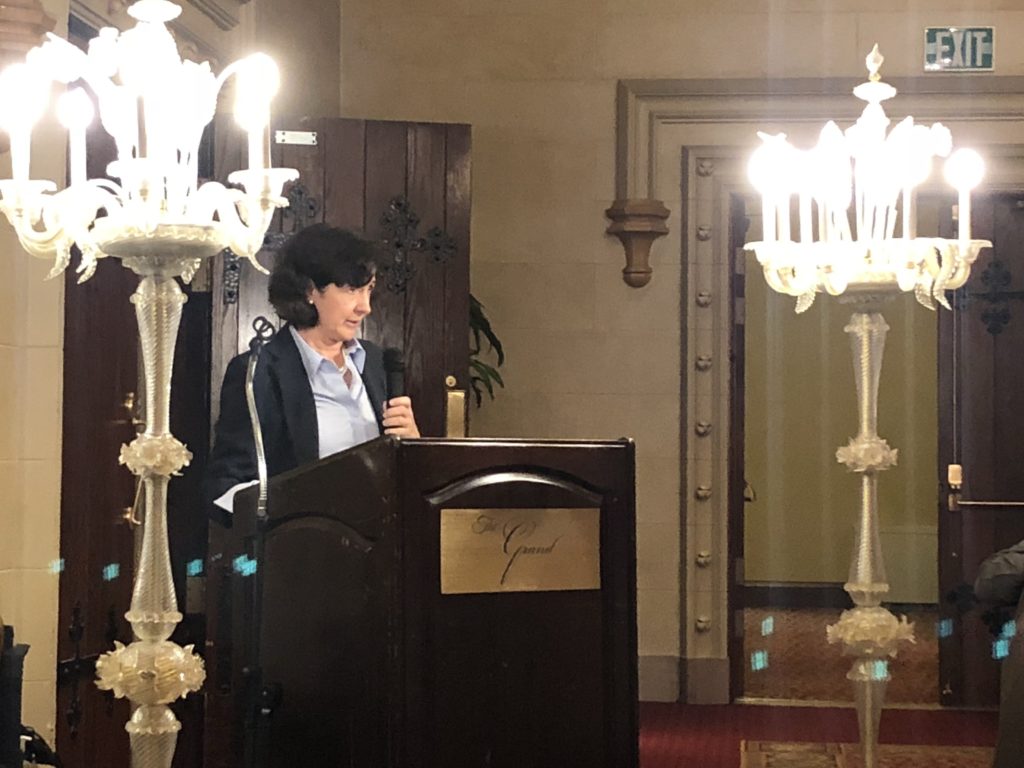
Friday night, at our kickoff reception, we heard from Dr. Gail Tasch, pediatric psychiatrist and new member of the ISEPP Board of Directors. In her talk “A Metamorphosis” she recounted her process of discovering how harmful psychiatry, particularly inpatient psychiatry, has been to the children she has worked with. After witnessing the profound physiological and emotional harm caused by psychotropic medications she began a new career goal of helping children come off of these medications while she struggled against a medical system and philosophy that ignores iatrogenic injury.
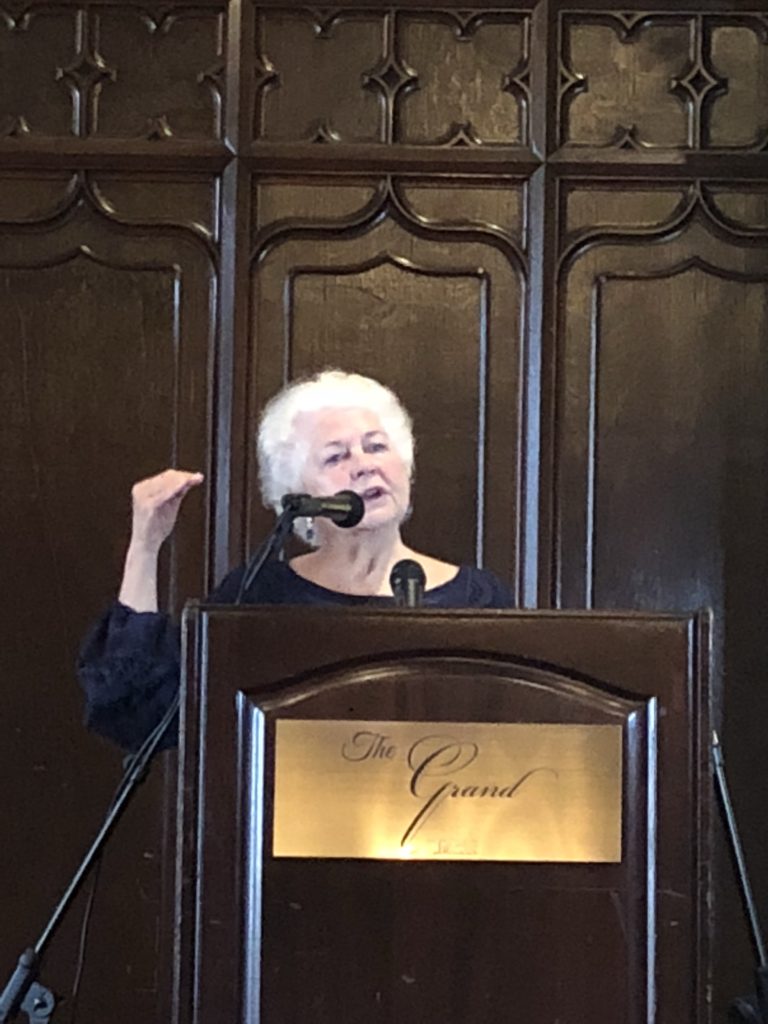
We started Saturday morning off by hearing from the amazing Dr. Paula Caplan on “Psychiatric Diagnosis is THE Fundamental Problem Plaguing the Mental Health System.” Dr. Caplan was on the DSM IV Task Force and resigned after 2 years because she witness the arbitrary and unscientific nature of formation of “mental illness” diagnoses. She outlined common myths about DSM diagnostic categories and reported on some of the unethical dealings that happen behind the scenes between authors of the DSMs and pharmaceutical companies.

Our second presenter on Saturday was attorney Stephen Sheller who recently wrote “Big Pharma, Big Greed”. Mr. Sheller was on the legal committee that recently won $8 billion dollars from Johnson & Johnson for their illegal suppression of data regarding harmful effects (specifically gynecomastia) of their drug Risperdal. He recounted how he started getting calls from whistleblowers which began his work confronting pharmaceutical companies for “offlable” marketing and for pushing doctors to lower their criteria for prescription. These practices lead directly to countless cases of iatrogenic harm.
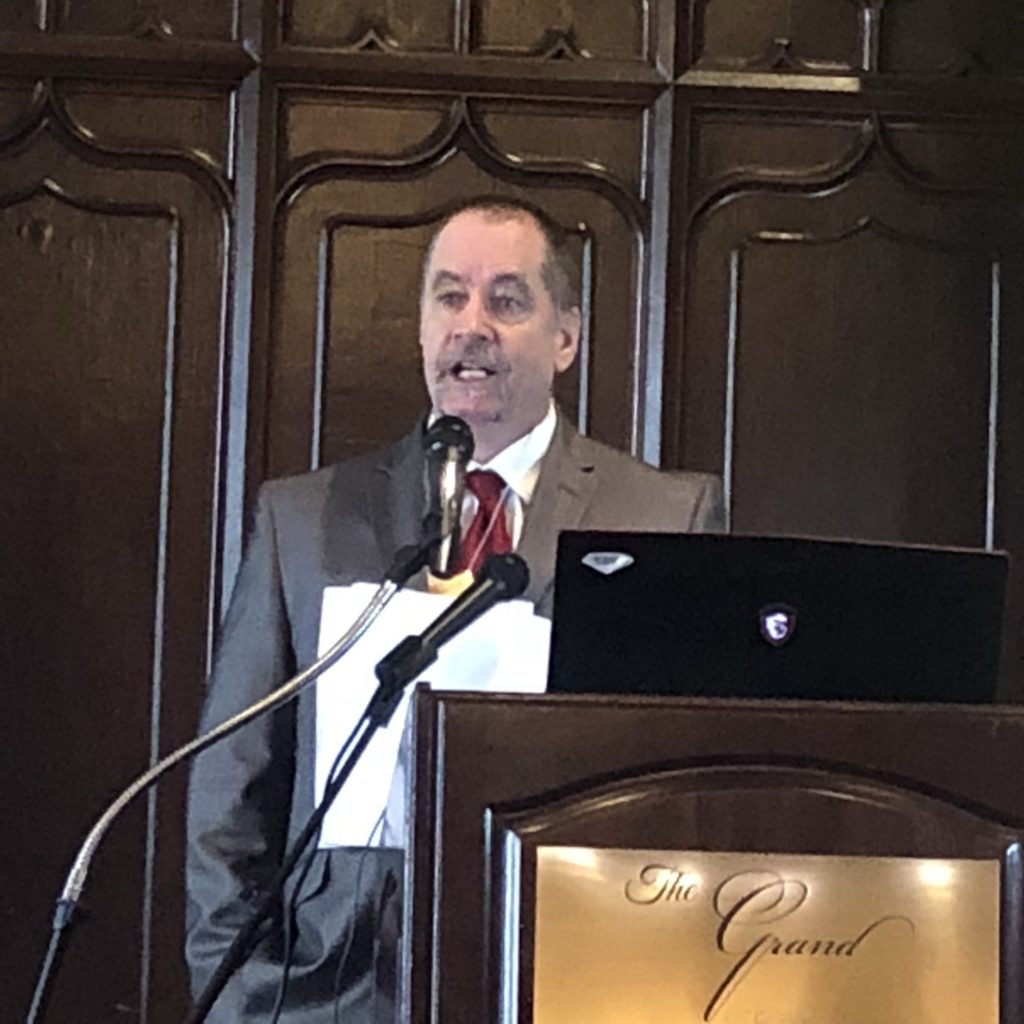
Saturday afternoon was kicked off by Patrick Hahn, PhD, author of “Madness and Genetic Deterimism: Is mental illness in our genes?” He discussed the origin of psychiatric genetics research in 1917 Germany and how it became one of the founding rationalizations for mass sterilization and murder. He also dismantled the fundamental research studies that claim that psychological distress is genetic, including foundational twin and family studies, by highlighting poor scientific method and replication failure. Throughout he called professionals to pay more attention to environmental factors than biological ones.
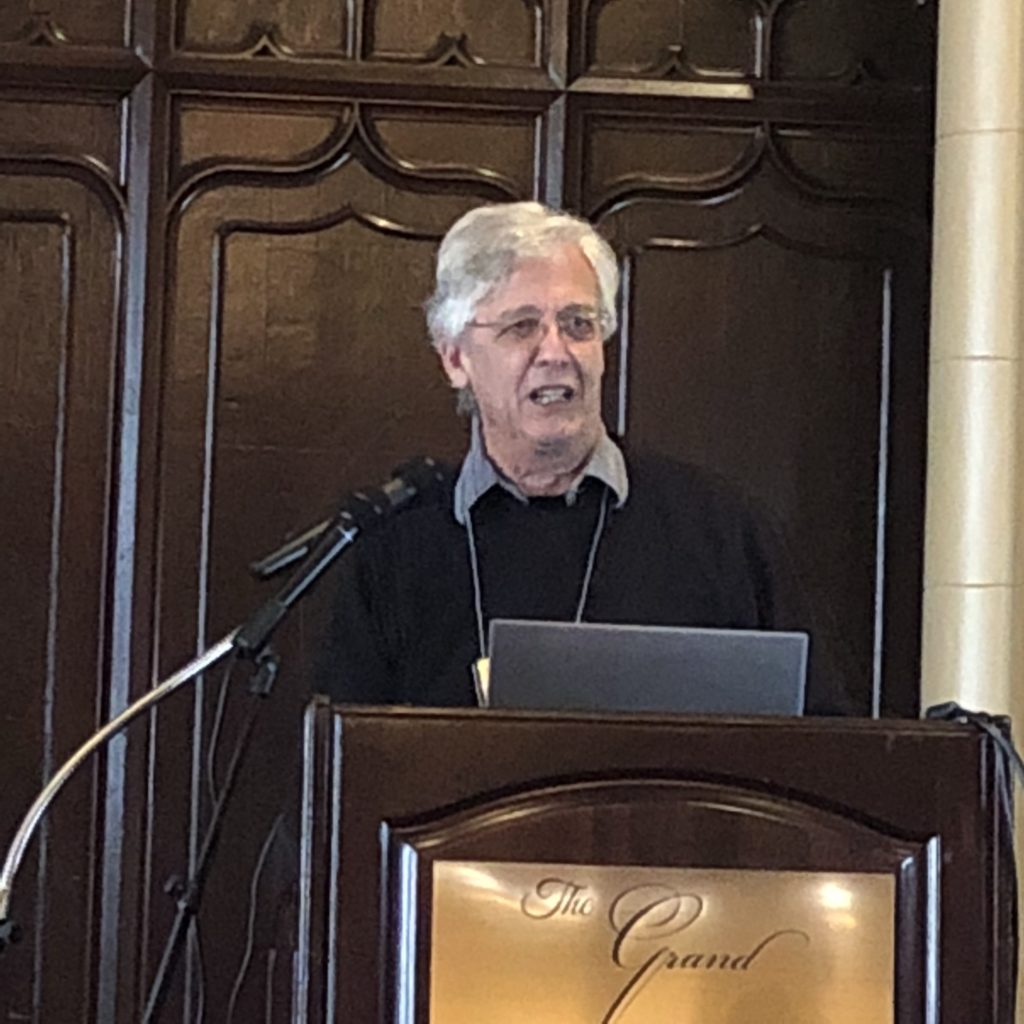
Then we heard from Dr. Irving Kirsch. He is the author of The Emperor’s New Drugs: Exploding the Antidepressant Myth. Dr. Kirsch is the Associate Director of the Program in Placebo Studies and a lecturer at Harvard Medical School (and has a litany of other credentials). He presented on his meta-analyses of antidepressant studies, consistently demonstrating that they work no better than placebo, while highlighting significant increases in risk of suicide and relapse with prescriptions. He challenged the ethics of recommending antidepressants given the data of their effectiveness and harm.
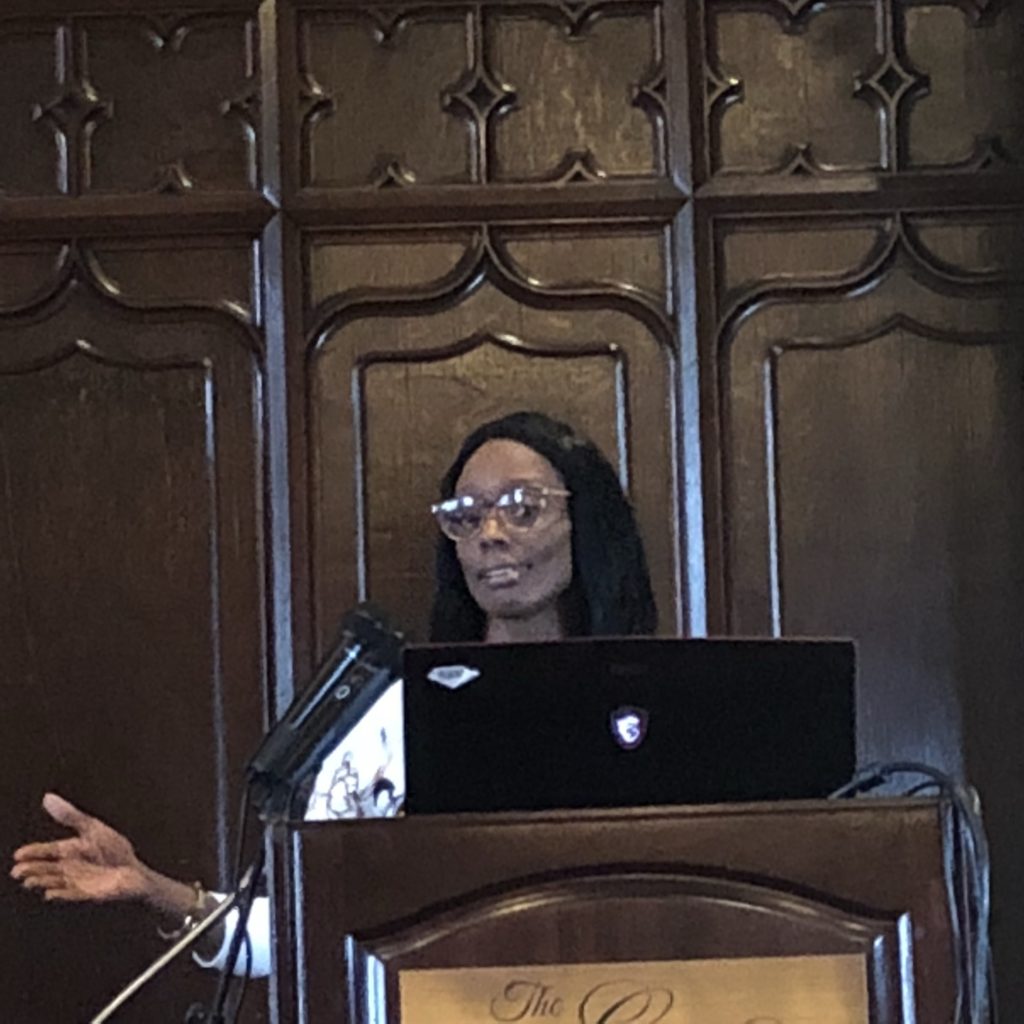
Our final presenter on Saturday was the powerful Tonier Cain-Muldrow, author of “Healing Neen,” and international speaker for Trauma Informed Care. Tonier is a dynamic, brutally honest woman who told her story of profound chronic trauma, polysubstance addiction, homelessness, and crime, subsequent retraumatization in the legal and “mental health” systems, and then her climb back up into recovery. She talked about who was able to help her and how. She challenged all of us by saying, “you don’t have the right to deem someone a ‘hopeless case.’” Her message was ultimately about a person’s ability to be resilient and recover when someone genuinely listens to their pain. Google her, she’ll blow you away.
[No picture because I wasn’t able to attend]
Saturday evening ISEPP held their annual awards dinner at which Art Levine, an investigative journalist, spoke on the “Ethical Epidemic: Everyday Malpractice in Behavioral Healthcare – and how to stop it”. I did not attend the dinner, so I can’t recap his presentation, but I’m sure you can find out more by checking out his book “Mental Health Inc.: How Corruption, Lax Oversight, and Failed Reforms Endanger Our Most Vulnerable Citizens.”
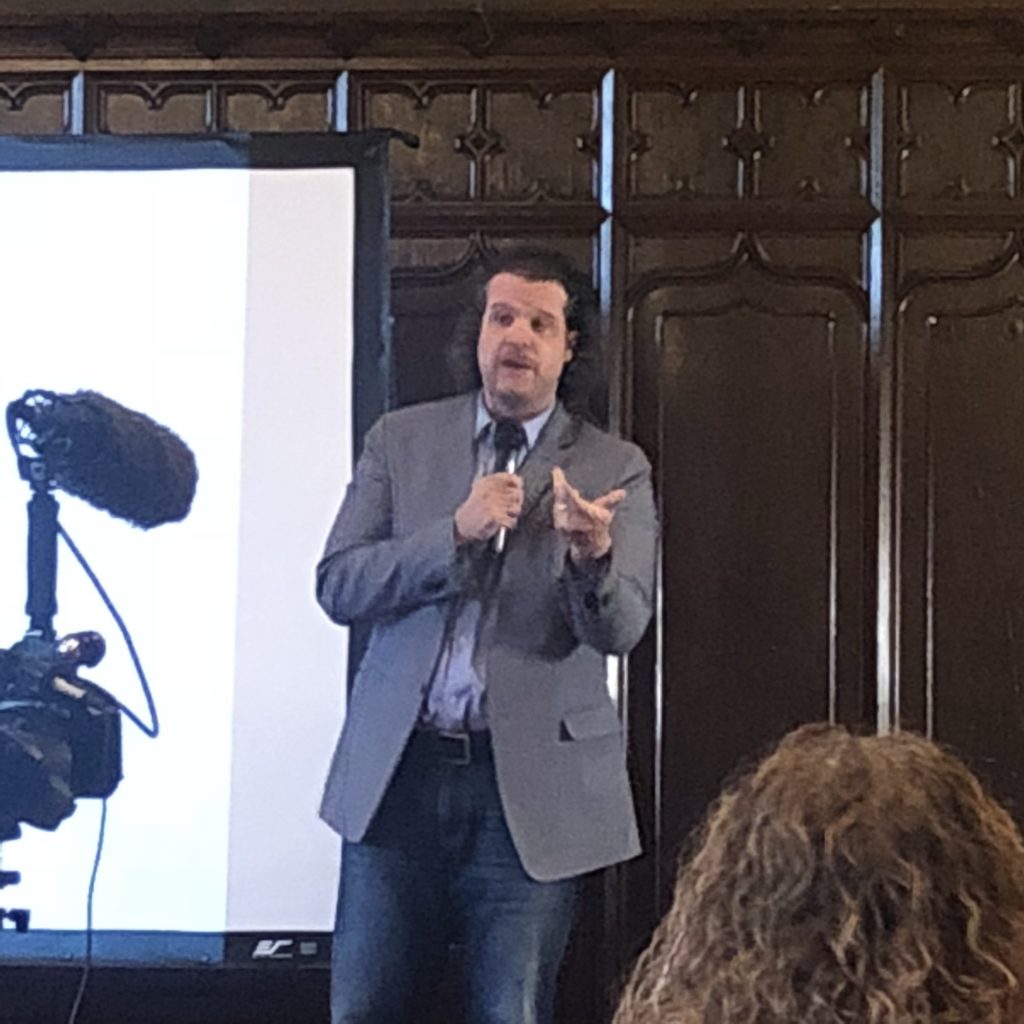
Sunday morning we heard from Ben Rall, DC, author of Cooperative Wellness: How to Achieve Wellness and Be Part of the Health Care Solution. His presentation, The Doctor Within – Understanding vitalism and holistic care and it’s role” discussed the body’s innate biological ability to regulate and heal itself and recover health when treated (fed, rested, and exercised) properly. He confronted several areas of iatrogenic harm, highlighted the value of healthy eating, and warned of the long term effects of stress on our physiological systems.
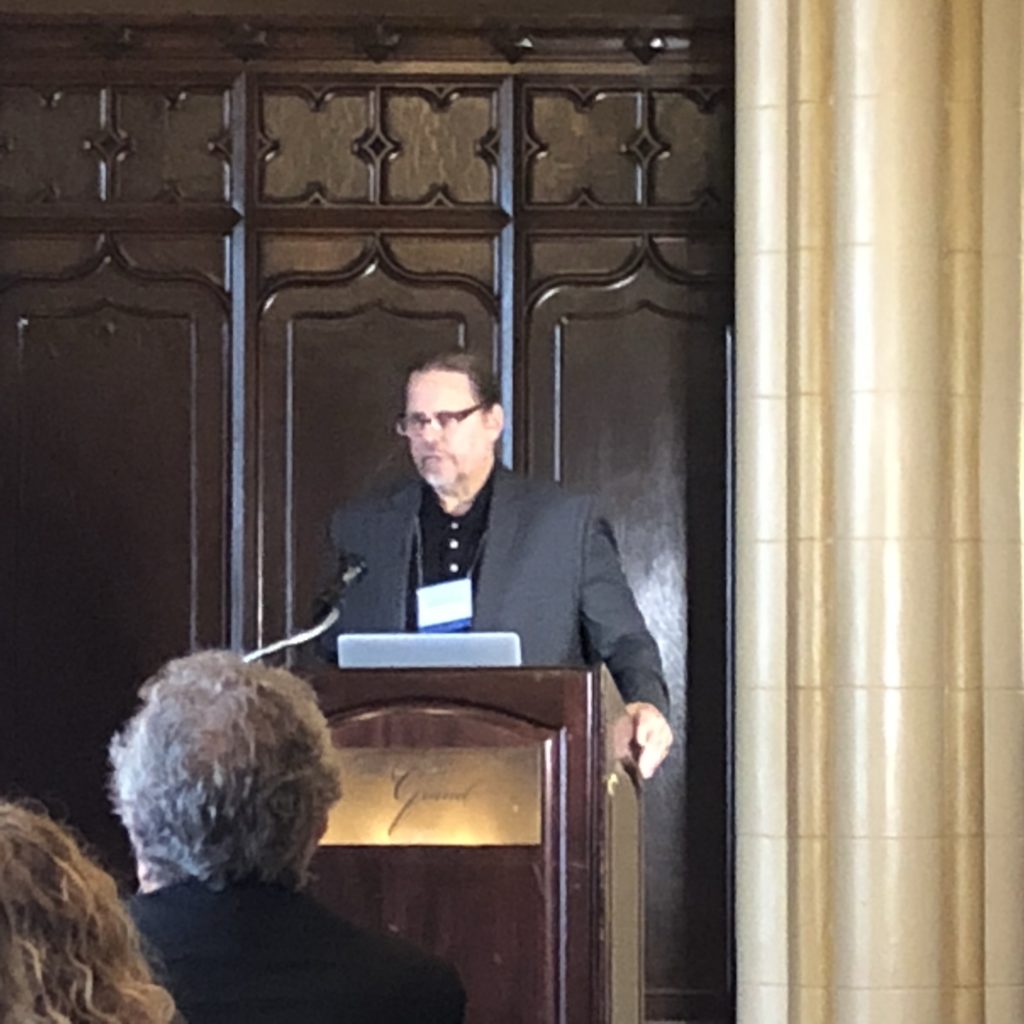
Dr. Charles Ruby, our Executive Director, presented his research of the articles on the correlation of psychiatric drugs and violence. He explained that while we cannot say there is a direct causal relationship, there is a clear increased risk of violent behavior when several other factors are present. The factors he mentioned are:
Male
Young
History of a disregard for others
History of violence
Easy access to lethal weapons
Poor social support
Feeling persecuted or mistreated
Difficulty controlling thoughts
Drug or alcohol use
He also discussed research findings that of the top 31 drugs associated with violent behavior, 26 are psychotropic medications, the two most risky being antidepressants and benzodiazepines. His final thoughts highlighted the need for more research.
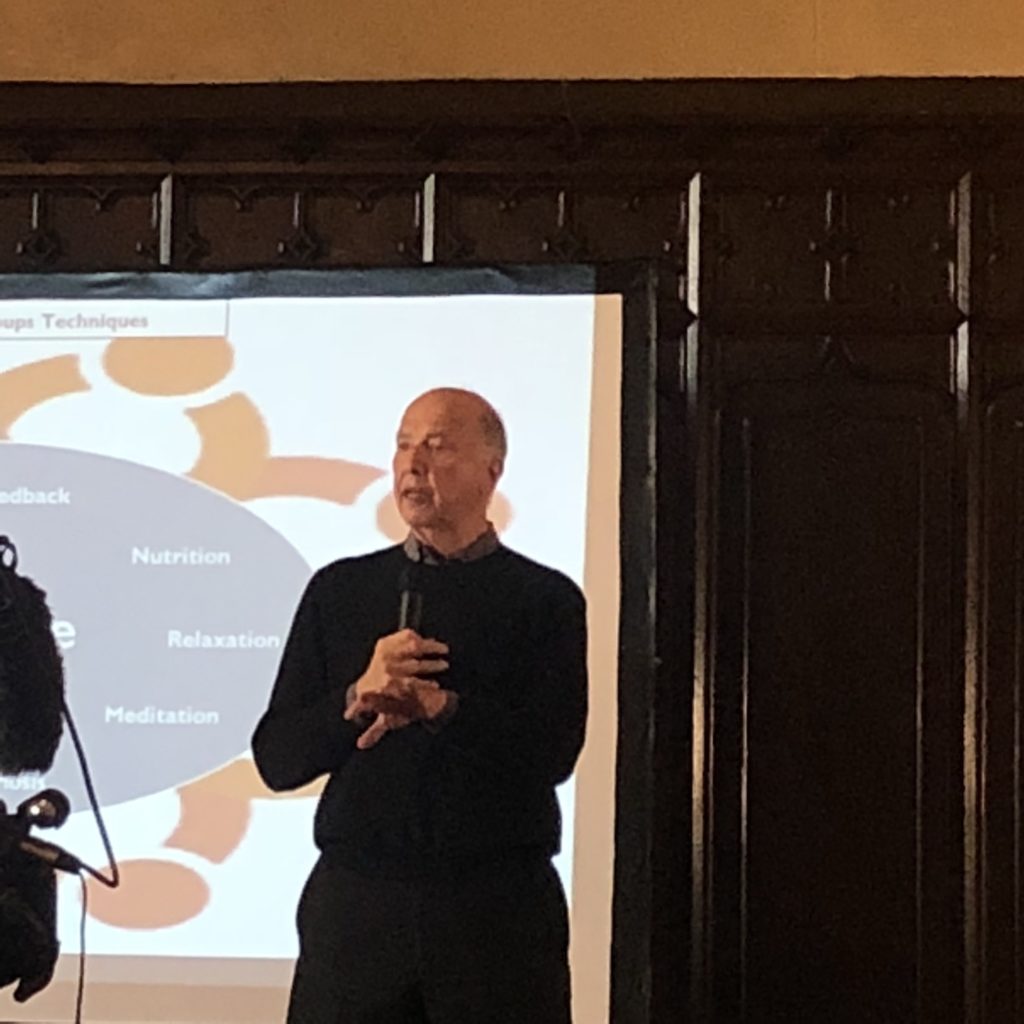
After lunch we heard from Dr. James Gordon, author of The Transformation: Discovering Wholeness and Healing After Trauma. Dr. Gordon founded and is the executive director of The Center for Mind-Body Medicine. He talked about how he trains practitioners to transform trauma using self-awareness, self-care, meditation, and movement. He even lead the audience through a dance-movement exercise. He discussed the body’s systemic responses to trauma and how we should be treating chronic stress like a toxin.

The last presentation I was able to attend before needing to catch my flight home was the Warfighter Advance Panel “Army, Navy, Air Force, Marine Corps: A Journey From Warfighter to Psychiatric Patient to Warfighter”. I can’t accurately describe how powerful this experience was. Six soldiers from each branch bravely opened themselves up to us, told their stories of trauma, then of how the military psychiatric system traumatized them further (e.g. most did not experience suicidality until after they were put on psychiatric medication) and then how they reconnected to themselves through the Warfighter Advance Program. Warfighter Advance is an amazing (and deeply needed) program founded and run by Dr. Mary Vieten (far right), psychologist and soldier, in order to help soldiers who have been wounded by war and psychiatry to reconnect with themselves and to heal in an authentic way. It was a powerful and moving honor to hear their stories. If you work with military personnel with PTS, I can’t recommend strong enough that you refer them to Warfighter Advance.
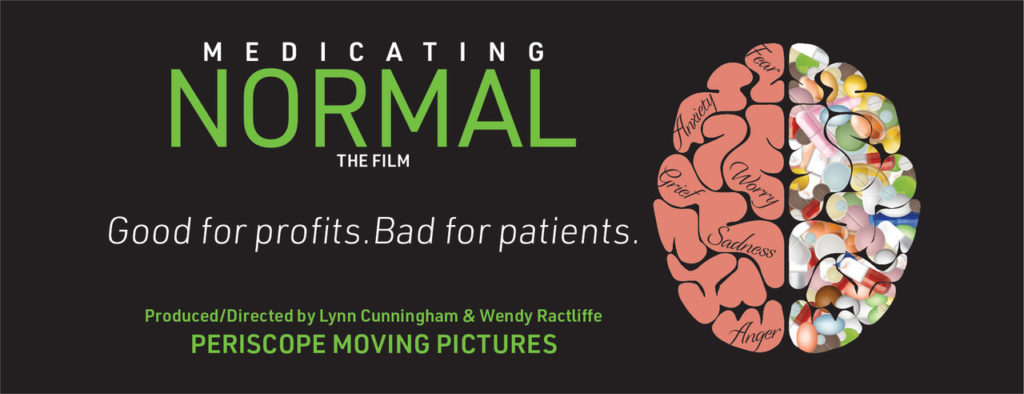
Finally, the 2019 ISEPP conference closed out by screening the film “Medicating Normal” by Lynn Cunningham and Wendy Ractliffe. I was not able to see the film but I look forward to checking out a screening or viewing it online when available. (Bummed too – I just missed a screening that was here in Denver a few weeks ago).
So there it is. It took a long time for me to get this post up, but finally it’s here. If you have any questions about ISEPP, please check out our website at www.psychintegrity.org.
